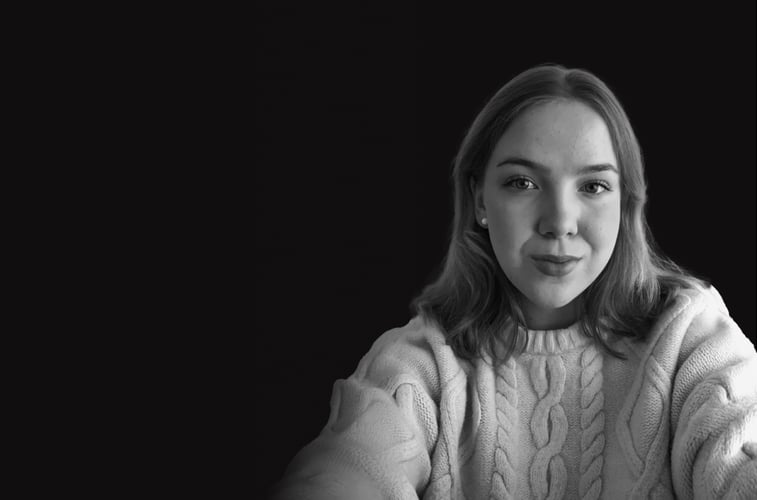Many studies have shown the power of inclusive language in marketing. A recent study by Google and equality services company The Female Quotient found that 64% of respondents take some form of action after seeing an ad they consider diverse or inclusive, including visiting the brand's website or buying their product or service.
Using inclusive language in marketing ensures that communication is free from stereotypes and prejudices and is respectful of all groups, regardless of age, sexual identity, skin colour, religion, etc.
For brands, using inclusive language is a way to demonstrate their level of responsibility and social commitment. By using words and phrases that avoid biases, slang, and discrimination, brands can resonate with far large audiences. Diverse markets have enormous spending power, so brands increase their likelihood of engagement by removing language barriers.
And the importance of using inclusive language extends into all working areas. We are very aware of this at Luxid – not just in our marketing work for clients but in how we behave as an agency. Unconscious biases can be reflected in our everyday language, where some phrases that seem harmless may have negative implications for people of different backgrounds, ethnicities, abilities, or mental health conditions. This is why we believe using language that respects and dignifies all individuals is essential, as this creates a sense of belonging that fosters engagement and motivation at work.
How we embrace inclusivity at Luxid
However, inclusive language can be challenging to navigate. People can feel like they are walking on eggshells, afraid of saying the wrong thing, which creates a culture of fear and confusion. So, there are three fundamental principles that we embrace at Luxid to help foster inclusive communication: 1) focus on people over labels, 2) show cultural humility and be open to continual learning and growth, and 3) when making a mistake, consider the impact on the person or group affected rather than your intentions.
And to help everyone embrace inclusive language, we created a Small Inclusive Language Guide. We released the first edition of this guide at the beginning of this year, with a clear focus on raising awareness and supporting the use of culturally sensitive terms and phrases that centre marginalized or stereotyped voices and perspectives.
Inclusive language guidelines help us as agency
The guidelines provide direction not only for writing copy for ads and articles but also for day-to-day exchanges. They include definitions related to issues of power and equity, explanations of the differences between person-first and identity-first language, identity-related terms covering various social identities, and guidance on avoiding cultural appropriation, pejorative language, and casually offensive language.
We welcomed feedback from Luxidians about the guide and promised to continue to revise it as appropriate. We also underlined that while the Small Inclusive Language Guide reflects recommended practice at the time of writing, it may include content that is still in contention or is under debate. These are just a couple of the comments we have received:
" I liked this part: Everybody has different ways in which they would prefer to be spoken to or about. If you need clarification on a person's preferred terms, pronouns, or identifiers, just ask them. That's the 1# thing to keep in mind about this topic.
"Is it ok to call a person without disabilities non-disabled when it is not ok to call a person with a disability disabled?"
For Luxid, creating the guidelines was incredibly important, but it's only part of what we are doing to embrace DEI. Organisations must also focus on addressing systemic inequalities and creating inclusive policies and practices. This means examining everything from hiring practices and promotions to pay equity and employee resource groups. By doing so, organisations can create a workplace where all employees feel valued, respected, and included.
If you want to know more about how we embrace inclusivity in our work and daily life at Luxid, please get in touch.









